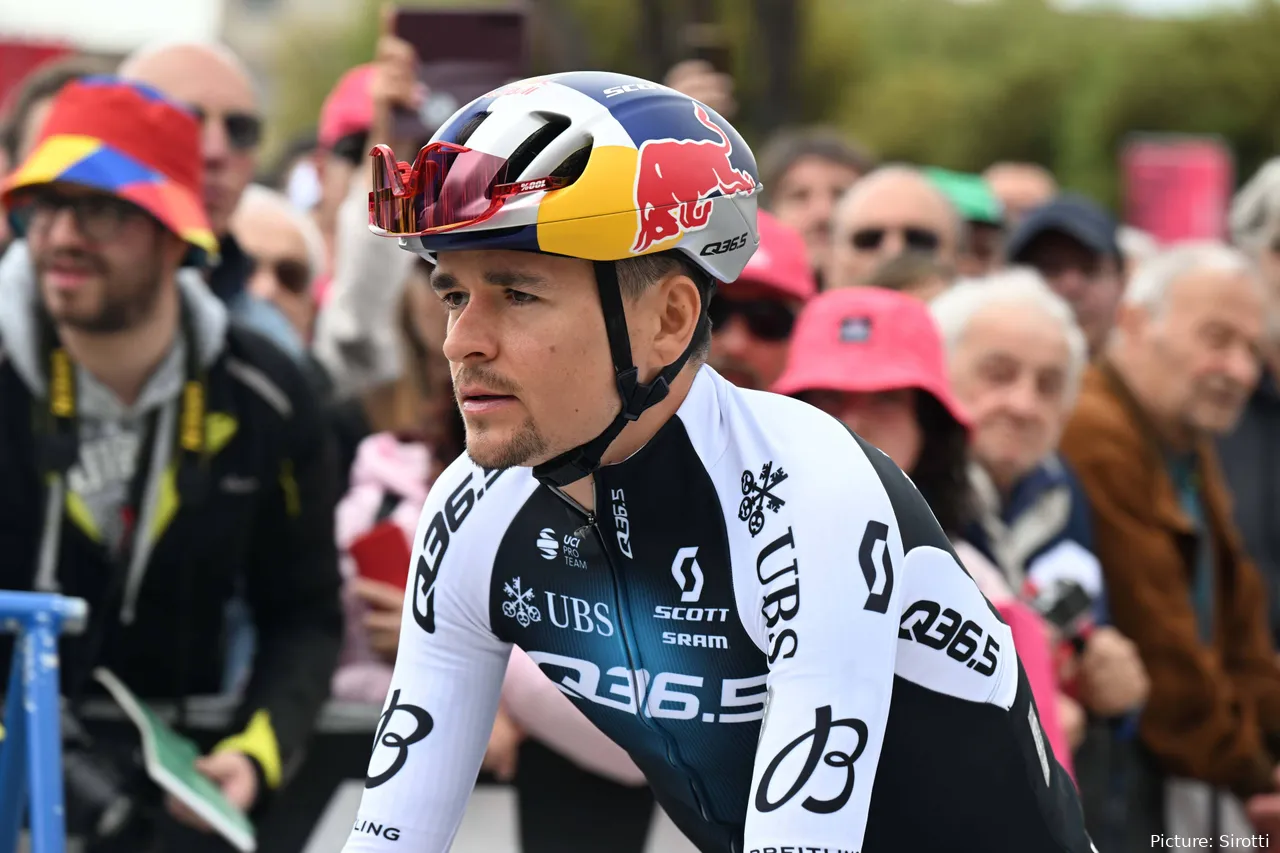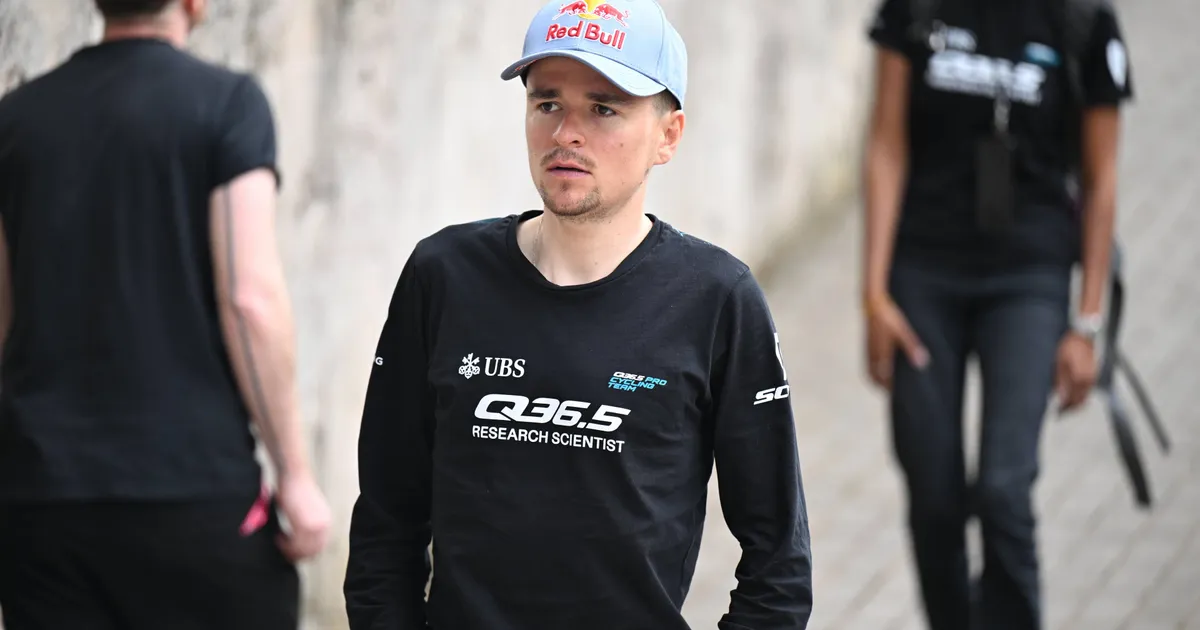“Restricting gears will only make things more dangerous,” he said, flatly. “If we’re all riding at the same maximum speed, we’ll be more tightly packed – and on descents, that just means we’ll take up more of the road.”
It’s a sentiment shared by many riders but often left unsaid in public. Tighter bunches on faster descents? Pidcock, who combines World Tour firepower with mountain bike handling and CX instincts, is perhaps better qualified than most to call that out for what it is: counterintuitive and risky.
He didn’t stop there. With a dry edge to his delivery, he took a sideways swipe at the broader conversation around equipment regulations and marginal tweaks. “I was saying to my brother – if we carry on like this, maybe we should all have a carb limit and be forced into ketosis. That’s the only way to slow the races down. We’re cyclists… people should focus on more important things.”
It’s a classic Pidcockism – part-joke, part-critique – but it also reflects a growing frustration in the peloton with how governing bodies and race organisers are addressing safety concerns. While handlebar widths, gear ratios and helmet styles grab headlines, more systemic issues around course design, road furniture, and stage planning often go unchallenged. “The debate about handlebar width also feels like a smokescreen,” he added. “We need to be talking about the issues that really matter.”
Whether anyone at the UCI is listening is another matter. But among fans and riders, there’s growing respect for Pidcock’s willingness to speak out – especially at a time when the sport is grappling with a culture of ever-faster racing, increasingly narrow margins, and escalating crash risks.
Pidcock is never shy of airing his opinions
Back to business
For now, though, his focus shifts back to racing. The Arctic Race may not be a World Tour headline act, but for riders targeting La Vuelta – and teams like Q36.5 still carving out space in the pro scene – it’s a crucial stepping stone. “Stage three will be decisive,” Pidcock predicted. “But it’s going to be hard to control the race.”
His new team, a project still taking shape in its second season, has clearly earned his trust. “The team is really developing – both in terms of support and the level of the riders,” he adds in conclusion, pointing to a growing cohesion behind the scenes at the Q36.5 Pro Cycling Team.
The coming weeks will show just how far that progress extends. If Pidcock hits top form in Norway and carries it into Spain, he’ll be more than a voice of reason in the safety debate – he could be a potential player in the Vuelta GC fight.

